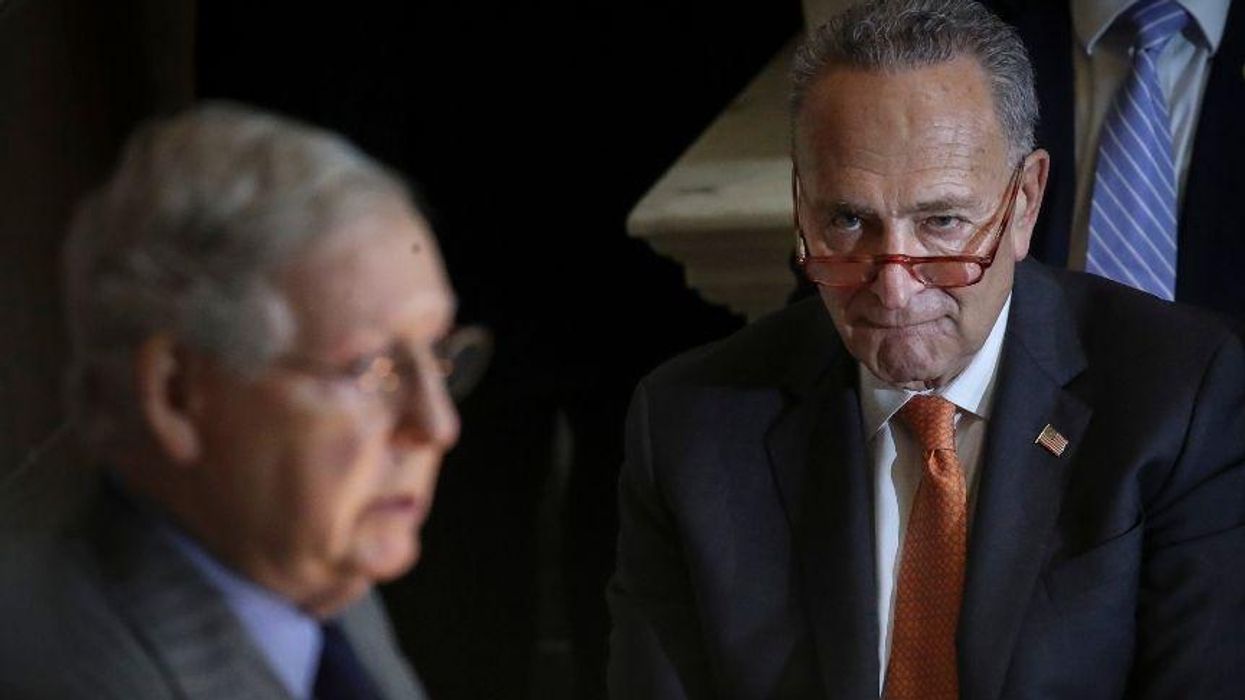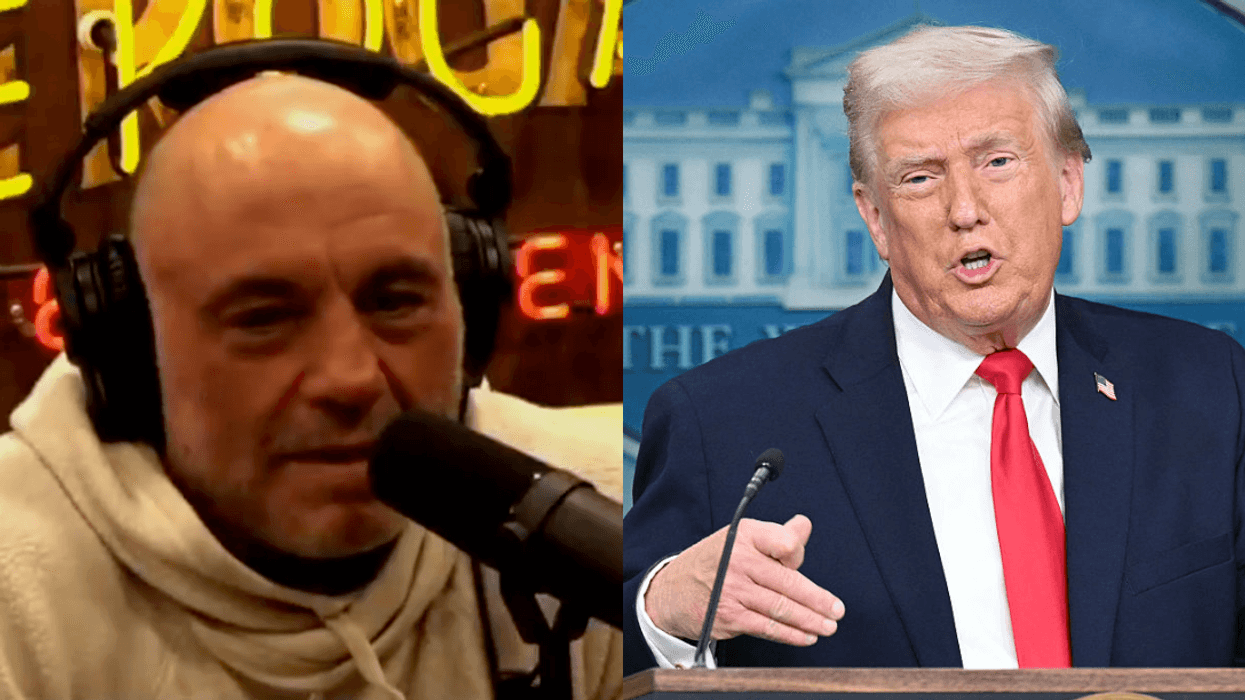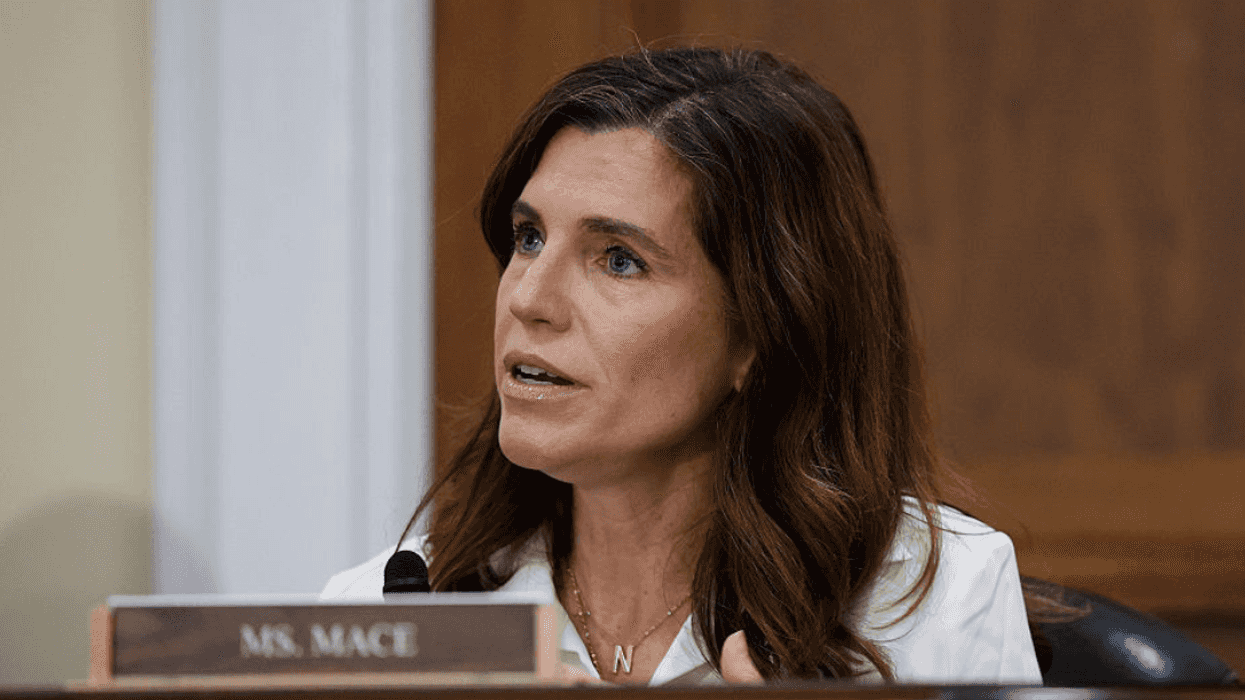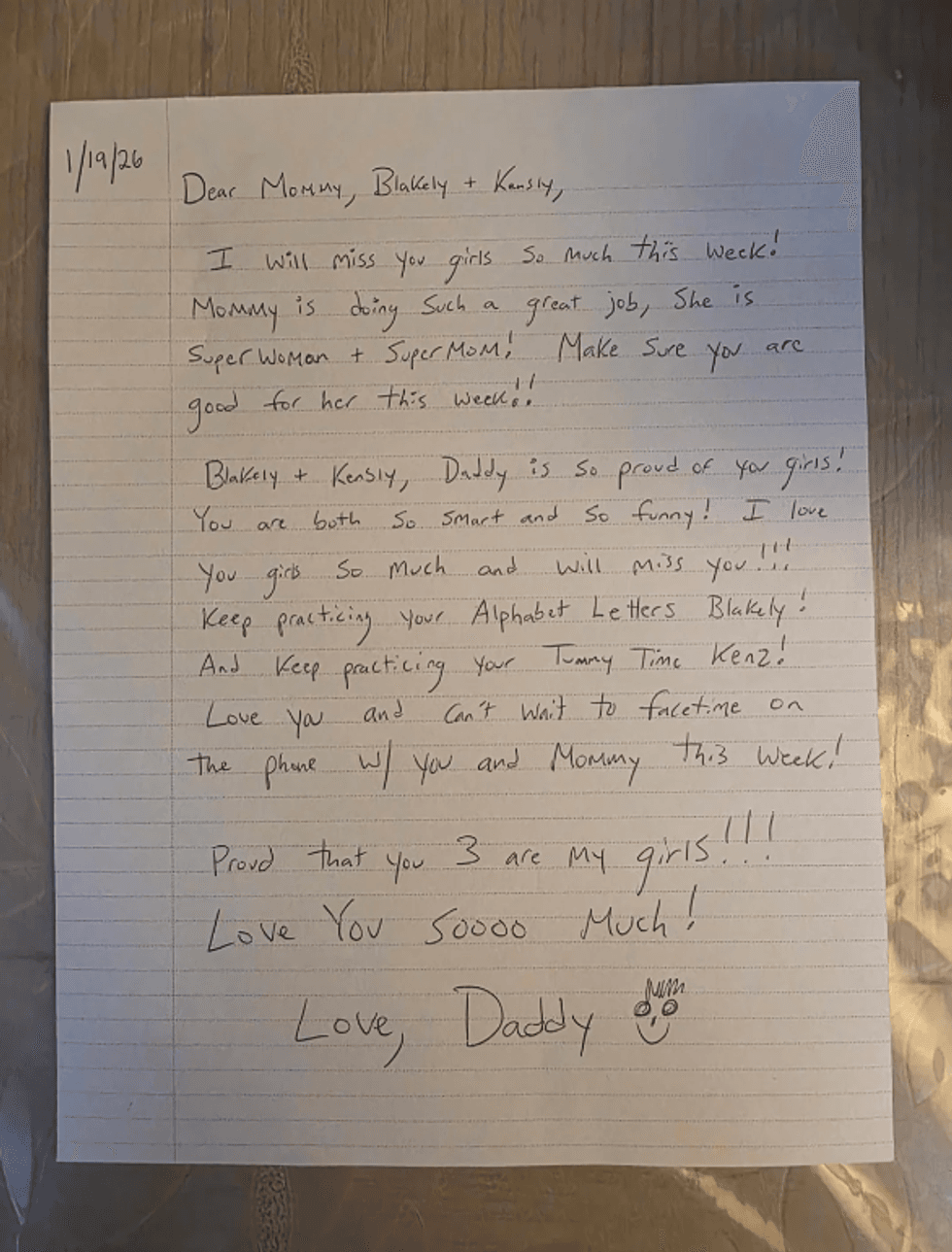After pro-Trump extremists stormed the U.S. Capitol during the joint session certifying President-elect Joe Biden's victory in the 2020 election, House Democrats filed an article of impeachment against outgoing President Donald Trump, whose repeated lies that the election was "stolen" motivated the band of insurrectionists.
In the weeks leading up to the long-awaited joint session, Trump urged his supporters to descend upon Washington, D.C. for a "Save America" rally. After the congressional proceedings were underway, Trump addressed his supporters at the rally, repeating the lie that widespread election fraud coordinated by Democrats delivered a false victory to Biden.
Trump told attendees to "fight" for him and warned that if the certification was allowed, they wouldn't "have a country" anymore. He told them to walk over to the Capitol and make their grievances known.
Shortly after, the pro-Trump extremists infiltrated the Capitol, bringing the joint session to a halt as Vice President Mike Pence and other lawmakers were forced to evacuate.
The insurrectionists shattered windows, ransacked offices, debased the Senate floor, smeared excrement across the walls, and killed at least one police officer. At least five people died as a result of the riots.
While the House will almost certainly vote to impeach Trump a second time on Wednesday—the first occasion in history that a sitting President has been impeached more than once—Senate Majority Leader Mitch McConnell has said there is no way for the Senate to hold an impeachment trial before January 20th—Inauguration Day. The Senate isn't currently scheduled to reconvene until the 19th of January.
But Senate Minority Leader Chuck Schumer may have found a way to force the Senate into session even without a Democratic majority using a little-known rule.
SCOOP --> Schumer is exploring whether to invoke an obscure power -- allowing Senate leaders to reconvene the Senate in times of emergency -- to hold an impeachment trial immediately after the House impeaches Trump https://t.co/JrlSRTBezy
— Seung Min Kim (@seungminkim) January 11, 2021
To be clear, both Schumer and McConnell would have to agree to reconvene in an emergency. But this at least punctures McConnell's argument that there is no way to bring the Senate back before Jan. 19 absent unanimous consent, puts focus back more on McConnell.
— Seung Min Kim (@seungminkim) January 11, 2021
The resolution, passed in 2004, allows the Senate's Majority and Minority Leaders to reconvene the legislative body in times of emergency.
According to Washington Post White House reporter Seung Min Kim:
"Both McConnell and Schumer would have to agree to reconvene the Senate, putting pressure back on the outgoing majority leader to confront Trump as the House heads toward an impeachment vote this week for the president's role in inciting the violent siege on the Capitol on Jan. 6."
McConnell is known for his refusals to concede any power to his Democratic colleagues, but the Senate Majority Leader notably broke with Trump and discouraged Republican Senators from backing House GOP objections to the certification of electoral votes. It's unclear if McConnell, in his last days as Senate Majority Leader, would entertain Schumer's invocation of the 2004 rule.
Some are hoping that the urgency of Trump's transgression will set a Senate trial in motion.
Please, please, please https://t.co/bArFZCRxyX
— Sunny Singh (@ProfSunnySingh) January 11, 2021
I haven't put a lot of deep thought into the ins and outs and what-have-yous on this but my immediate reaction is: yes. I like it. https://t.co/L4qtmF7hjQ
— Richmond Eustis (@reustis) January 11, 2021
Do it! @SenSchumer https://t.co/L4iWuCtzkw
— Sinakhone Keodara 🏳️🌈 (@laoentrepreneur) January 11, 2021
Even though Schumer has yet to invoke the rule, McConnell is facing pressure.
The House is expected to vote Wednesday on the article of impeachment.














 Awkward Pena GIF by Luis Ricardo
Awkward Pena GIF by Luis Ricardo  Community Facebook GIF by Social Media Tools
Community Facebook GIF by Social Media Tools  Angry Good News GIF
Angry Good News GIF 
 Angry Cry Baby GIF by Maryanne Chisholm - MCArtist
Angry Cry Baby GIF by Maryanne Chisholm - MCArtist 
 @adriana.kms/TikTok
@adriana.kms/TikTok @mossmouse/TikTok
@mossmouse/TikTok @im.key05/TikTok
@im.key05/TikTok @biontrtwff101/TikTok
@biontrtwff101/TikTok @likebrifr/TikTok
@likebrifr/TikTok @itsashrashel/TikTok
@itsashrashel/TikTok @ur_not_natalie/TikTok
@ur_not_natalie/TikTok @rbaileyrobertson/TikTok
@rbaileyrobertson/TikTok @xo.promisenat20/TikTok
@xo.promisenat20/TikTok @weelittlelandonorris/TikTok
@weelittlelandonorris/TikTok @katiebullit/TikTok
@katiebullit/TikTok @rube59815/TikTok
@rube59815/TikTok
 u/Fit_Bowl_7313/Reddit
u/Fit_Bowl_7313/Reddit
 @meteorblades/Bluesky
@meteorblades/Bluesky @bodenkelly/X
@bodenkelly/X